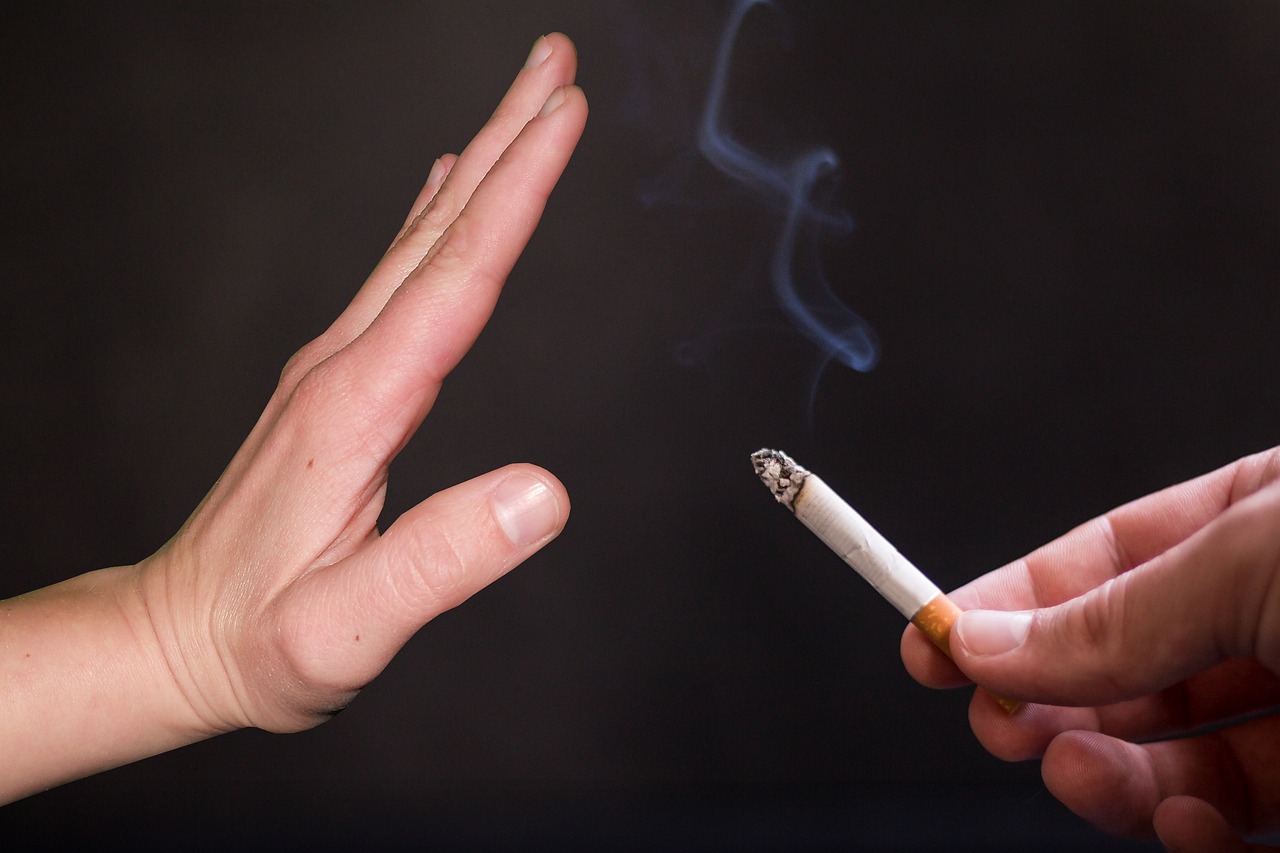HARRISBURG- In conjunction with the Great American Smokeout, Acting Secretary of Health Dr. Debra Bogen is reminding Pennsylvanians that free resources are available for Pennsylvanians interested in quitting smoking. Although Pennsylvania has seen a dramatic decrease in the number of residents who use tobacco products on a regular basis, the Department of Health says there is still work to be done, particularly with regards to the use of vape products among youth and young adults.
Over the past nine years, the percentage of Pennsylvania adults who smoke has decreased by 33 percent. In Pennsylvania, 14 percent of adults currently smoke, 6.6 percent of students are smokers, and 19.2 percent of students use electronic vape products.
Pennsylvania’s Statewide Tobacco-Free Recovery Initiative (STFRI) promotes messages that through evidence-based treatment interventions, tobacco recovery is safe and attainable.
“Quitting smoking is not easy, and for decades it relied on individual willpower. Research has shown with any addiction, that multi-faceted approaches aid recovery,” said Acting Secretary Bogen. “Now, Pennsylvanians have a variety of tobacco cessation options that can make the quitting journey more effective. Last year, almost 15,000 residents reached out to the Quitline for help, and more than half enrolled in Quitline services. The service offers the experts, coaches, and support Pennsylvania smokers need to quit.”
The PA Free Quitline, a statewide program that helps approximately 31 percent of its participants quit tobacco use each year, is also available. In partnership with National Jewish Health, PA Free Quitline and smoking cessation services are available to all Pennsylvanians 24/7/365 offering:
- up to five coaching sessions by phone
- unlimited calls to the PA Free Quitline
- educational materials on quitting tobacco use, and
- free Nicotine Replacement Therapy (NRT) for qualified callers (up to eight weeks of patches)
Recently, the Department of Health allocated more time and resources to educating residents, especially students, about the rise of health impacts related to e-cigarettes and vaping.
In response to the vaping epidemic, the Department of Health’s Tobacco Prevention and Control Program created the Vaping Epidemic Action Plan. Outcomes from the plan include:
- strengthening school policies and implementing alternatives to suspension programs,
- creating anti-vaping campaigns,
- meeting with schools to offer intervention and educational presentations,
- developing partnerships with schools and providing technical assistance to community members and health systems,
- educating parents, coaches, teachers, and students on the vaping epidemic, and
- working with schools to update tobacco-free pupil policies and submitting draft language to Boards of Education for review and approval.
The Pennsylvania Department of Health’s E-cigarette, or Vaping, Product Associated Lung Injury: Summary Report showed the aerosol inhaled during vaping may contain volatile organic compounds, heavy metals, ultrafine particles, carcinogens, and other chemicals. The report also stated nicotine-containing e-cigarette (or vaping) products containing flavoring have been associated with adverse respiratory outcomes.
Individuals who need help on their journey to a tobacco-free life can call 1-800-QUIT-NOW or visit: tobaccofreerecoverypa.com.





















